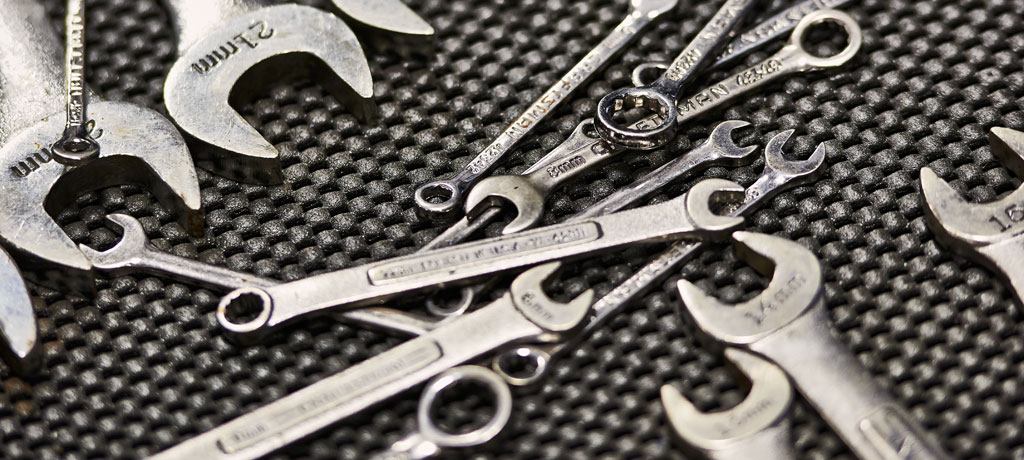
Owning a vehicle comes with the responsibility of taking care of it long after you drive off the dealership lot. This means investing time and money into caring for your car, regularly changing the oil, rotating the tires, and replenishing fluids. Keeping up with your vehicle’s preventative maintenance schedule is smarter and more affordable than waiting until more costly repairs are needed down the road.
One aspect of preventative maintenance you may not know much about it radiator upkeep. There are certain steps you can take to help maintain a properly functioning radiator. Understanding more about the radiator itself and a few basic tips can save you time, money and a big headache in the future.
Understanding the Role of the Radiator
The radiator is the key component in your engine’s cooling system. The cooling system keeps your engine from overheating, which prevents internal components from melting, melding together, and causing your car to malfunction. It is no exaggeration to say that your cooling system is a component that prevents total engine failure.
The radiators crucial role within the cooling system is regulating the temperature of the engine. It keeps the car from overheating on simple drives and well as keeping it functional on very cold nights.
Basic Tips for Radiator Maintenance
You don’t want to see your radiator fall into disrepair, of course, but what can you do to stop it from doing so?
Some tips to consider:
- Keep the coolant, or radiator fluid, filled at all times. You should always administer coolant with a 50/50 water mix, or purchase an already watered-down version from your local auto supply store.
- Keep the radiator cap on tight; it’s designed to keep the entire coolant chamber pressurized.
- Has your radiator cleaned out a couple of times each year? To save some time and also make it easier to remember, you can have this service performed whenever you take your vehicle in for a tire rotation or oil change.
- Have your radiator flushed and filled on an annual basis. This is another service you can have done by your local trusted technician.
How Often Should You Flush Your Radiator?
The frequency of when radiator flushes should be performed varies by vehicle. Most cars typically require this service annually. In some cases, for those who drive their cars pretty heavily throughout the year and rack up a lot of miles, additional flushes may be necessary. This is something that your auto technician can help advise when you’re at the shop.
Flushes are required to rid your radiator of particle buildup and prevent clogging. If recommended flushes are not performed, this buildup can spill throughout the entire cooling system. The results can be degradation and wearing down of the cooling system while preventing it from functioning properly.
The bottom line is that, for any vehicle owner, radiator upkeep should be a priority—but if it’s something you’re not too sure about, you can always





